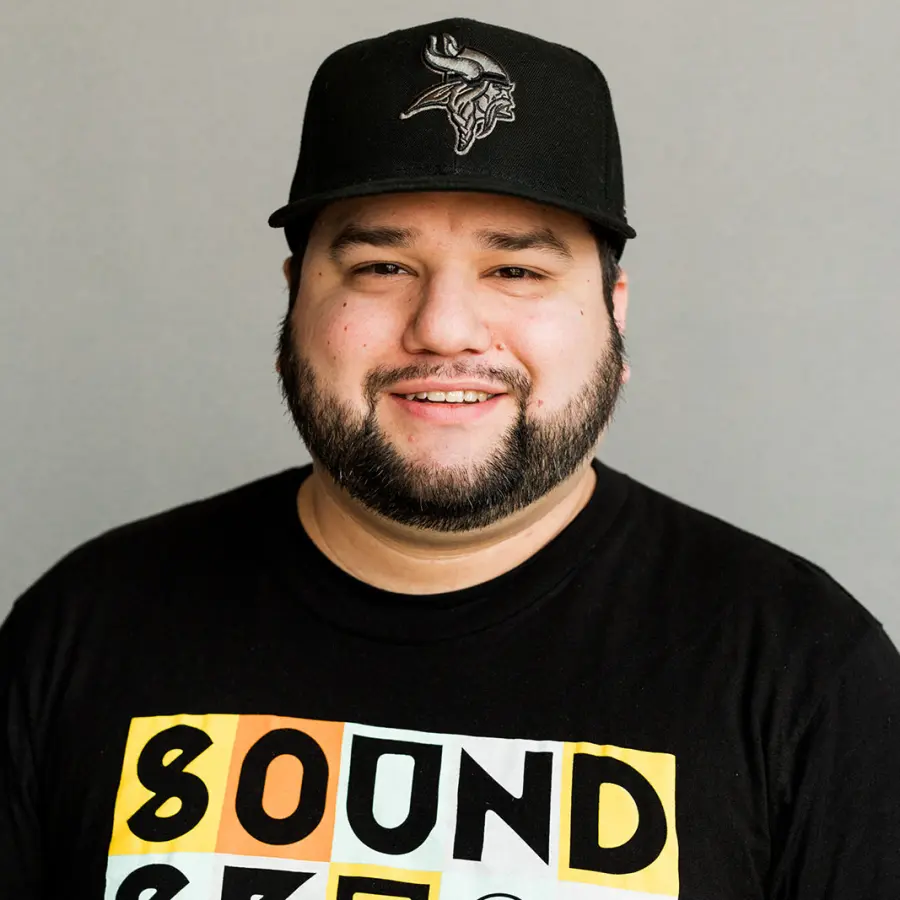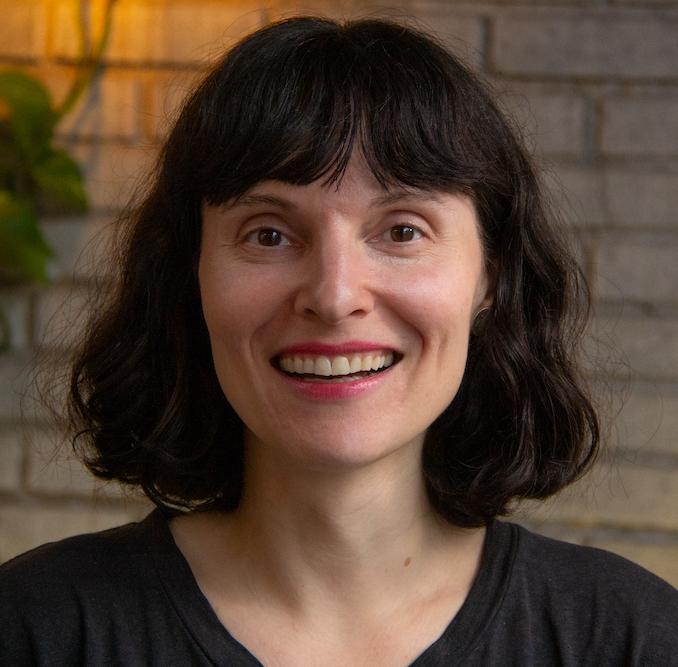I'm Lex Vasquez, and I am the Director of Development at TEN7. I went to MCTC, Minneapolis Community and Technical College for web design, because I thought at the time I was more interested in designing websites. But as the program went on, I got more interested in how the web works and how websites are built and that kind of thing.
I started working a few hours a week while in school, and then it kind of just evolved from there. And then after school was done, I came on as a contractor mostly full time, and we evolved the company from there. I think we were all contractors at that time, and now we have a full set of full time employees. It's kind of crazy how it's evolved.
So, the way we operated at TEN7 is sort of “push you into the pool and we'll see if you can swim” approach. It's just on the job training. I probably felt comfortable, actually after I was brought on as a full-time employee. That’s when I was actually like, Oh, okay, I am good at this.
You're always learning. We have a set of code standards when we write code, how it should be formatted. Those things are essential.
We work with Drupal, which is open source, so we know that we aren't going to be the only people looking at this code. To me that’s a good developer, you write stuff that other people can use, and know what's going on. That and efficiency. But that comes with experience. Those are two things I think that make a good developer.
There's always more than one way to approach a problem in development. And so that's where you can be creative and also, maybe try to be the most efficient. That’s the creative part, figuring out what maybe is the best approach for this project, for this client, for this problem. But keep in the back of your mind, well, let's generalize this a little bit so that we can contribute this back to the Drupal community, because somebody else is going to come across a similar problem, and let's try to solve it for more than one person.
Starting off, I didn't know a lot of people who were programmers. I don’t have a lot of friends that are programmers or anything like that, so when you have an open source community where people are contributing back and forth, they're communicating, it's endless resources to help you solve the problems you're trying to develop for. That’s the main thing for me. It’s available to everyone and that's what TEN7 is about really, helping others.
For the last several years, I've been working on a psychology project. A lot of editorial work, that’s what they do. They have a vast viewership, millions of views per week, which is great. To me it’s like I help make that possible by helping millions of people with their mental health. That’s cool to me.
There are some problems we’ll solve that most of the people won't see, and it's all for a specific group. For example, there's a team of editors that most of the work I write for the Psychology Today project is for them. But there are other parts that are for the public. And it's important to make sure we're doing the right things for accessibility because not everybody is able to see or hear. Those are the kinds of things we keep in mind trying to solve a problem.
Make Things that Matter definitely sums up what TEN7 is all about. We strive to Make Things that Matter. We want our work to mean something.
When I think about our clients, and the work that we deliver that matters, I think of companies like Animal Humane Society, where we're helping people, animals, that truly matters. I think that's the kind of work that I like. We have Bloomington Public Schools as a client, and we're helping children and their families communicate with the school. It's a whole entire community we're affecting, which I think matters.
I like working on projects that mean something to our team and the group that we're delivering the project to. I like to think of it we're more of a partnership rather than we're just hired to do this thing, we’re not just a service.
Many of our clients we've had long-term relationships with, and I like that.
This post is part of a series of segments we are calling, TEN7 - Behind the Scenes. They provide a peek behind the curtain of the work we do, showcasing the technical and creative energy that is the “secret sauce” of TEN7.
These posts allow our team to showcase their passion, lessons they have learned, and some of the tips and tricks that only come from dedication to their craft. We hope this series will help you understand the makeup of our team, what it’s like to work with us, and how we might be able to help you! Call us.

